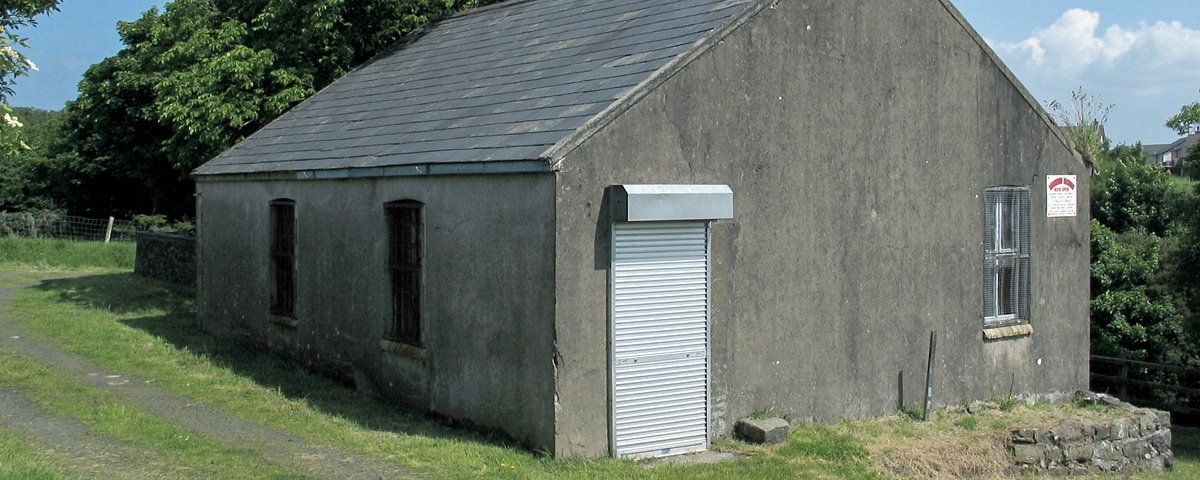Causeway Tram
Part of the old Causeway Tramway re-opened in Spring 2002, The locomotives and rolling stock which operate on the track were once used at Shane's Castle and include a Peckett 0-4-0 WT 'Tyrone' built in 1904 for the British Aluminium Company, Larne, a Barclay 0-4-0WT 'Shane' built in 1949 for Bord na Mona and a Simplex 'T' class diesel locomotive (Rory). An interesting fact - 'Shane' was one of three locomotives built by Andrew Barclay of Kilmarnock for use on the peat bog rail by Bord na Mona at Clonast and was specifically designed to burn peat. Before the initiation of the original Giants Causeway Tramway in 1883, there had been several meetings, engineer surveys and costing done to evaluate the feasibility of constructing a railway line along the coast from Portrush to Ballycastle.
The idea was to link the commercial coal, bauxite, iron, limestone, lignite and basalt industries along the north coast with the commercial harbour of Portrush. The ambitious proposal failed due to a lack of finance and doubts about returns, a narrow-gauge railway though was built from Ballycastle to Ballymoney via Armoy and Dervock. The Giant's Causeway tramway came about by the vision and enthusiasm of Col. William Traill and his brother Anthony of Ballylough, William was an advocator of the railway and kept well informed on technological development including the work of Seimens whose system provided the transmission for the tram. A power station was built at the Walkmill Falls with vertical water turbines to generate the electric power.
Sir Macnaghten of Dundarave was very opposed to the construction of the railway to the point that he diverted water from the river Bush above the Falls. However, the tramway opened in 1883 and was hailed as the world’s first commercially run 'hydro-electric' powered tram system. The initial electric cars were Midland Carriage and Wagons which were later followed by GEC and a Peckham car. Although hydro-electric power was used, most of the time two Wilkinson steam locomotives hauled the carriages. It originally ran from Portrush to Bushmills with a later extension added to the Giant's Causeway. In 1899 the live rail which ran alongside the track, was replaced by an overhead electric wire, steam haulage ended in 1916. The tramway ran for 65 years before finally closing down in 1949.



